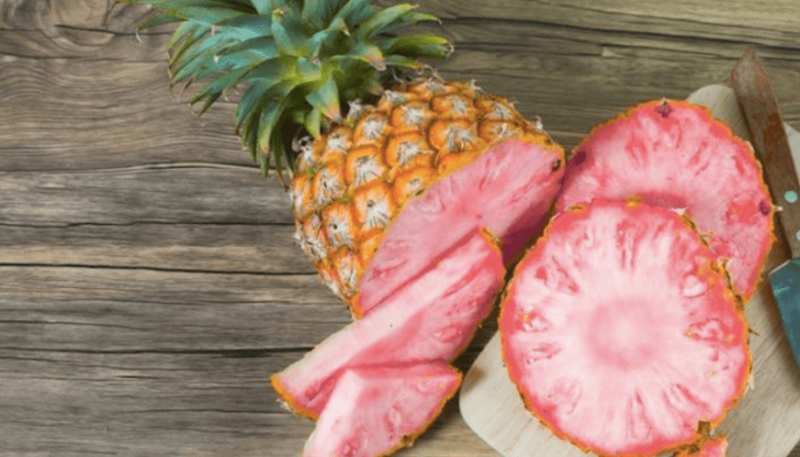Editor’s note: Layla Katiraee is currently a senior scientist at a California biotech company and holds a PhD in molecular genetics from the University of Toronto
If you’ve been following my blog, you’ll know that I’ve reviewed a few GMO crops where I’ve questioned the health benefits that are being touted by crop developers. The few that stand out are the claim that decreasing the amount of acrylamide when frying the Innate potato is beneficial and the claim that increasing the amount of antioxidants in crops is healthier (such as the pink pineapple).
…
Yet I see GMO supporters using the argument that these GMOs are beneficial time and time again. Not only is it unnecessary, but it’s poor science.
…
My perspective is that these crops were developed at a time when the science suggested that these traits were necessary. Think about the antioxidant craze 5-10 years ago. But with time, science has advanced and the body of evidence suggests that increased antioxidants don’t necessarily prevent disease. 5-10 years ago, we also thought that acrylamide in potatoes might be harmful. But today? Not so much.
…
These crops are not less safe than their non-GMO counterparts. They make our food supply more diverse and more interesting. To those of us who take the time to correct misinformation on GMOs: using weak science to support these crops is not only unnecessary, but also a tactic used by those who claim GMOs cause harm.
Read full, original post: Sometimes a Pink Pineapple is Just a Pink Pineapple































